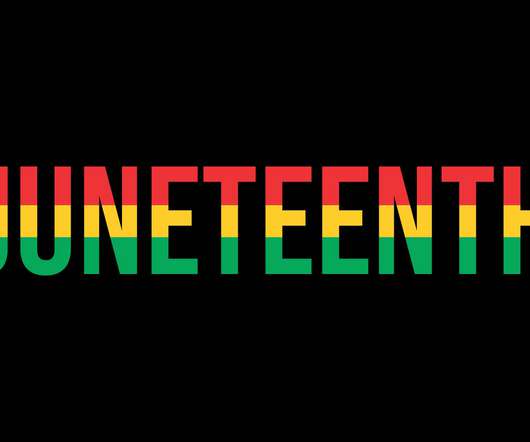Do You Inform Donors Of These 2 Giving Opportunities?
Bloomerang
DECEMBER 20, 2021
While I always recommend you let donors know you are not in the business of offering professional legal or financial advice, and they should consult with their own advisors, this doesn’t mean you can’t inform people about changes in the law. But also be aware these laws are always changing. Final Note.





















Let's personalize your content